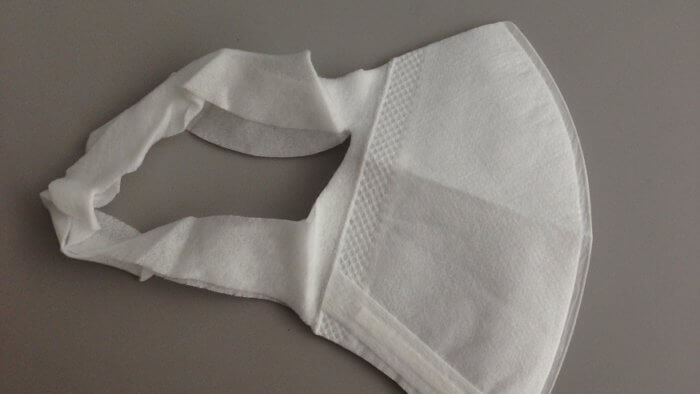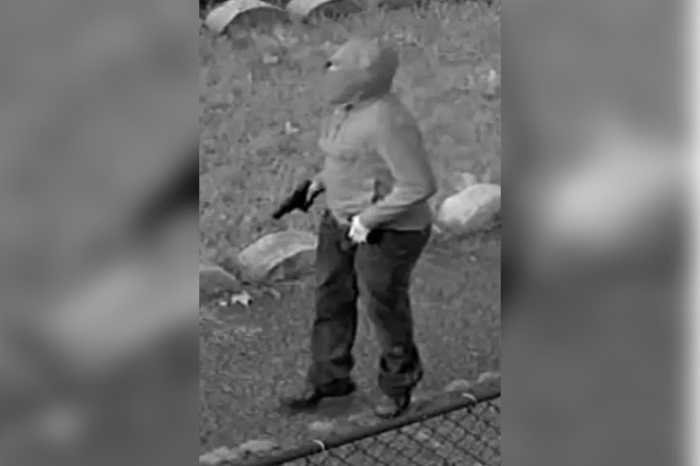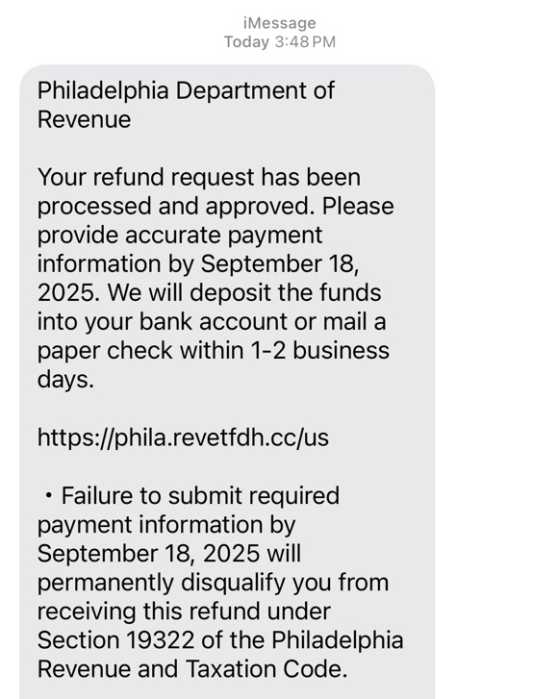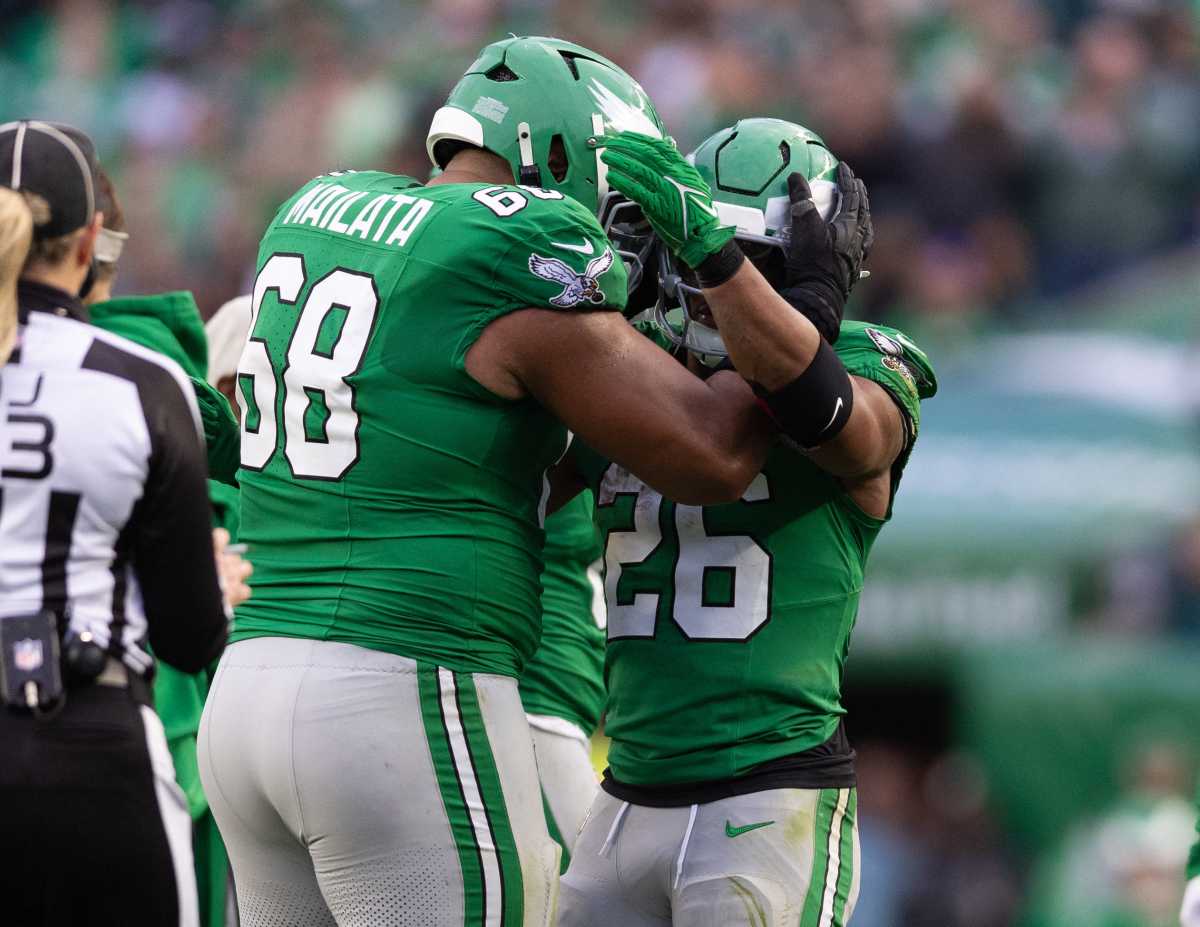Secretary of Health Dr. Rachel Levine wants to remind Pennsylvanians that despite the 11 confirmed cases of 2019 Novel Coronavirus (2019-nCoV), the threat it poses to Pennsylvania remains low.
There have been no confirmed cases in Pennsylvania. There are currently six cases in California, two in Illinois, one in Massachusetts, one in Arizona and one in Washington, according to CNN.
“We are in constant communication with the Centers for Disease Control and Prevention (CDC) and are prepared to respond in the case that someone in Pennsylvania tests positive for coronavirus,” Dr. Levine said in a press release.
Dr. Levine added, “It’s important to remember that the most accurate and timely information regarding this outbreak is available through our website, health.pa.gov, and our Facebook and Twitter, as well as the CDC’s website and social media channels. At this time, our risk remains low, and we encourage you to monitor our website and our social media.”
The first Coronavirus-related death of a person outside of mainland China was reported in the Philippines, where a 44-year-old Chinese man died, CNN reports. News of the first death outside of China has folks on edge, including many local Philly colleges and universities.
Here’s how universities and colleges are making changes to all sorts of programs to keep students and staff safe and sound:
- NBC reports that the University of Pennsylvania recommends that people should delay, reschedule, or cancel all travel to China through May 12, which is the end of the academic term.
- The Penn Wharton China Center in Beijing will follow the Chinese government’s recommendations. The University has not made any decisions about summer travel to China yet.
- Drexel University told NBC that they are suspending all travel to China for students. If a student is interested in traveling to China, they will need approval from the Dean or department head. After that step, the Office of the Provost will have to okay the student to go.
- Temple has done something similar, suspending all university-affiliated student travel to China. It reported that there are no confirmed cases at any of their campuses here or worldwide.

Although there are 11 confirmed cases of the Coronavirus, officials want to remind Americans that there is nothing to worry about. The Wolf administration and the Kenney administration want to make it clear to residents that Asian American/Pacific Islander individuals are not at a higher risk of carrying the virus either.
CNN reports that National Security Adviser Robert O’Brien spoke on CBS’s “Face the Nation” about the virus, and here’s what he had to say, “This is a worldwide concern, we want to help our Chinese colleagues if we can.”
O’Brien added, “Look I think we can be helpful if we’re on the ground, right now the Chinese are providing information to us, and we’re taking that for what it’s worth, but at the same time we’re monitoring ourselves and what we’re especially doing is monitoring the situation here in the states to make sure Americans are continuing to be safe from this virus.”
Philly officials stated in an online release that, “2019 novel coronavirus is a virus that does not care about where a person was born, who their parents are, or what color their skin is. A person from China who is exposed to 2019 novel coronavirus is as likely to catch and spread it as a person from Philadelphia who is exposed to the virus. The outbreak happened to start in a city in China, but it can spread anywhere. Only people who have recently travelled to China or who have been around someone known to have 2019 novel coronavirus are at risk of being infected. There have been no cases in Philadelphia.”
Twitter users have also started to trend #iamnotavirus.
Mohan Seshadri, Executive Director of the Governor’s Advisory Commission on Asian Pacific American Affairs, said in a release, “Too often, national security and public health crises have led to the demonization of particular groups of people, and we are committed to ensuring that that does not happen here. Our thoughts and prayers are with our fellow Americans and those in China fighting the virus, as well as with our Chinese American community members worried for their families.”
Despite O’Brien’s remarks, a press release states that the Department of Homeland Security (DHS) just announced that they will be issuing restrictions for passenger flights that are carrying people who might have recently traveled to China. The new restrictions went into effect Feb.2 at 5 p.m. EST.
The release states that any US citizens who have traveled to China within 14 days of their arrival, will be sent to one of seven designated airports where the US government has additional public health resources for the screening procedure.
DHS will be working with the Transportation Security Administration (TSA), air carriers, and the Centers for Disease Control and Prevention (CDC) to help identify potentially sick people at one of the below seven airports.
The government said in the release that Americans flying to the US from China will be re-routed to one of the below airports for no charge.
Below are the airports accepting flights from China:
- John F. Kennedy International Airport (JFK), New York;
- Chicago O’Hare International Airport (ORD), Illinois;
- San Francisco International Airport (SFO), California;
- Seattle-Tacoma International Airport (SEA), Washington;
- Daniel K. Inouye International Airport (HNL), Hawaii;
- Los Angeles International Airport, (LAX), California;
- Hartsfield-Jackson Atlanta International Airport (ATL), Georgia.
Additionally, citizens who have been in Hubei province within the incubation period (14 days) will be subjected to 14-day quarantine to make sure they are screened thoroughly and given the proper care.
American citizens who have been in areas of mainland China within two weeks of their return will still undergo an entry health screening. They might also face two weeks of self-quarantine while monitoring their health, to make sure they do not pose a health risk.
The release states that foreign nationals, other than the immediate family of US citizens, permanent residents, and flight crews who have traveled to China within 14 days of their arrival, will be denied entry to the United States.


























